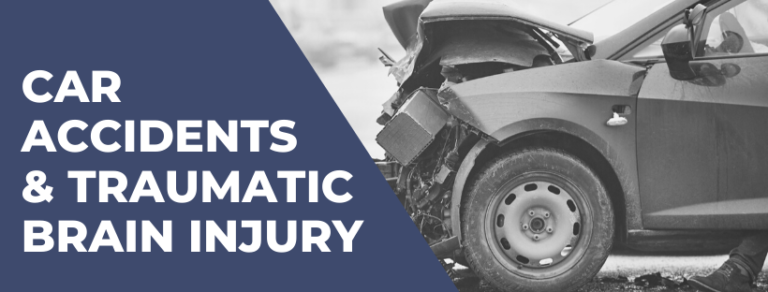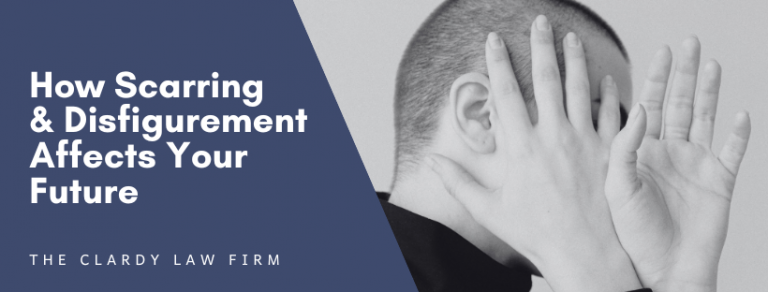Personal injury settlements are often the result of legal processes designed to compensate individuals who have been injured due to the negligence or wrongdoing of others. In South Carolina, like in many other states, the process of receiving a payout from a personal injury settlement involves several steps and considerations.
Understanding how personal injury settlements are paid out in South Carolina is crucial for anyone involved in such a situation. In this guide, we’ll explore the intricacies of the process, including key factors, legal considerations, and the role of various parties involved.
Understanding Personal Injury Settlements
Before delving into how personal injury settlements are paid out in South Carolina, it’s essential to understand what constitutes a personal injury settlement and how they are typically reached.
Personal injury settlements are agreements between the injured party (the plaintiff) and the party at fault (the defendant) or their insurance company. These settlements aim to compensate the plaintiff for damages incurred as a result of the injury, which may include medical expenses, lost wages, pain and suffering, and other related costs.
In South Carolina, as in most states, personal injury claims can arise from various incidents, including car accidents, slip and fall accidents, medical malpractice, and more. When pursuing a personal injury claim, plaintiffs typically work with an attorney in personal injury law to navigate the legal process and negotiate a settlement on their behalf.
Factors Affecting Settlement Payouts
Several factors can influence the payout amount and the process of receiving a personal injury settlement in South Carolina. These factors include:
- Liability: Establishing fault or liability is crucial to any personal injury claim. In South Carolina, the state follows a modified comparative negligence rule, meaning that if the plaintiff is found to be partially at fault for the accident, their compensation may be reduced proportionally. For example, if the plaintiff is deemed 20% at fault, their settlement amount will be reduced by 20%.
- Damages: The extent of damages suffered by the plaintiff plays a significant role in determining the settlement amount. Damages may include medical expenses, property damage, lost wages, pain and suffering, and emotional distress. Calculating these damages requires thorough documentation and evidence, including medical records, bills, receipts, and knowledgeable testimony.
- Insurance Coverage: In many cases, personal injury settlements are paid out by the defendant’s insurance company. The amount of insurance coverage available can impact the settlement negotiation process and the eventual payout. If the defendant is underinsured or uninsured, it may complicate the process of obtaining full compensation for the plaintiff.
- Legal Representation: Having experienced legal representation can significantly impact the outcome of a personal injury claim. Personal injury attorneys understand the complexities of South Carolina’s laws and can advocate for their client’s rights to maximize the settlement amount.
The Process of Receiving a Settlement Payout
Once a personal injury settlement is reached, the process of receiving the payout typically involves several steps:
- Agreement: Both parties must agree to the terms of the settlement, including the amount of compensation and any other relevant conditions. This agreement is usually documented in a settlement agreement signed by both parties.
- Disbursement: Depending on the terms of the settlement agreement, the payout may be disbursed in a lump sum or structured payments over time. Structured settlements provide periodic payments to the plaintiff over an agreed-upon period, providing financial stability and tax advantages.
- Distribution: If the settlement amount includes compensation for various damages, such as medical expenses, lost wages, and pain and suffering, the funds may be distributed accordingly. For example, funds designated for medical costs may be paid directly to healthcare providers, while funds for lost wages are paid to the plaintiff.
- Legal Fees and Expenses: Before the plaintiff receives their portion of the settlement, any outstanding legal fees and expenses incurred during the litigation process must be deducted. Personal injury attorneys typically work on a contingency fee basis, meaning they receive a percentage of the settlement as their fee.
- Tax Implications: In South Carolina, personal injury settlements are generally not subject to state or federal income taxes if they are compensating for physical injuries or illness. However, certain types of damages, such as punitive damages and interest, may be taxable. Plaintiffs should consult with a tax professional to understand the tax implications of their settlement.
Related: Do You Need to Pay Taxes on a Personal Injury Settlement?
The Role of Personal Injury Lawyers in South Carolina Settlements
Central to the successful resolution of a personal injury claim in South Carolina is the indispensable role played by personal injury lawyers. Legal professionals like our attorneys at The Clardy Law Firm focus on advocating for the rights of the injured party and navigating the complexities of the legal system. Here’s how a personal injury lawyer can significantly assist throughout the process of obtaining and receiving a settlement payout:
1. Legal Knowledge and Strategy
Our personal injury lawyers, based in Greenville, possess a deep understanding of South Carolina’s laws related to personal injury claims. We can assess the unique circumstances of each case, identify applicable legal principles, and develop a strategic plan for negotiations or litigation. This knowledge ensures the injured party has a strong legal foundation for pursuing their claim.
2. Thorough Investigation
Successful personal injury claims rely on robust evidence to establish liability and quantify damages. Our lawyers conduct thorough investigations, gathering evidence such as accident reports, witness statements, medical records, and expert opinions. This meticulous approach strengthens the plaintiff’s case and contributes to a more favorable settlement outcome.
3. Calculating Damages
Determining the full extent of damages is a nuanced process. Our personal injury lawyers work closely with our clients to evaluate medical expenses, lost wages, property damage, pain and suffering, and other relevant factors. Accurate calculation of damages is crucial for negotiating a fair settlement that adequately compensates the injured party.
4. Negotiation Skills
Negotiating with insurance companies or opposing parties can be a challenging and delicate task. Our personal injury lawyers are skilled negotiators who understand the tactics employed by insurance adjusters. Their ability to advocate for their clients and effectively negotiate settlement terms often results in more favorable outcomes.
5. Legal Documentation
Drafting a comprehensive and legally sound settlement agreement is essential to avoid future disputes. Personal injury lawyers are well-versed in legal documentation and ensure that all parties clearly outline and agree upon the settlement terms.This documentation protects the rights and interests of the injured party
6. Representation in Court, if Necessary
In some cases, personal injury claims may progress to litigation. Our skilled personal injury lawyers can represent the injured party in court, presenting the case before a judge or jury. Their courtroom experience is invaluable, ensuring that the plaintiff’s rights are vigorously defended and enhancing the likelihood of a favorable verdict.
7. Fees Structured on Contingency
Our personal injury lawyers work on a contingency fee basis, meaning we only receive payment if the case results in a favorable settlement or verdict. This arrangement aligns the lawyer’s interests with those of the injured party, emphasizing the importance of securing the maximum possible compensation.
8. Guidance through the Settlement Process
Understanding the intricacies of the settlement process can be overwhelming for individuals without legal experience. Personal injury lawyers guide their clients through each step, explaining the legal nuances, advising on settlement offers, and ensuring that their clients make informed decisions throughout the process.
Related: How Do Insurance Companies Calculate Pain and Suffering?
Navigating the process of receiving a personal injury settlement payout in South Carolina requires a comprehensive understanding of the legal framework, including liability rules, damages calculation, insurance coverage, and negotiation strategies.
By working with experienced legal representation and understanding the factors influencing settlement payouts, plaintiffs can pursue fair compensation for their injuries and losses.




